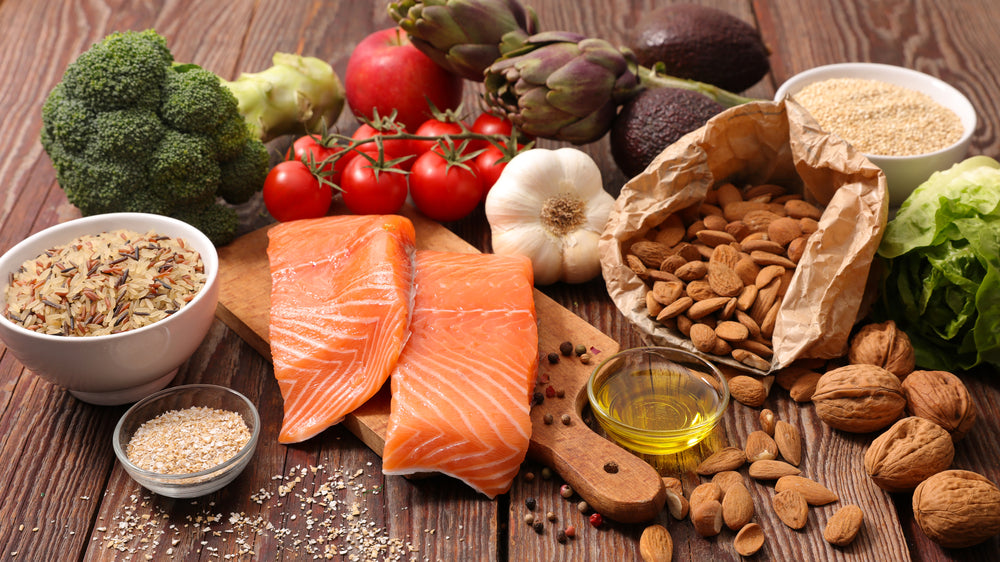Sometimes "bad" is 'good". A prevalent misconception is that all high-calorie foods are bad. But when making food choices, you need to look at more than the number of calories.

While it is true that high caloric foods, when eaten in excess, can add pounds to your waistline, you can't lump all high calorie foods in together as being "bad".
It's important to be educated on which high-calorie foods offer great health benefits and can be a part of a well-balanced diet and which high-calorie foods should be limited or avoided. The following are three foods that are high in calories but offer wonderful health benefits when consumed in moderation.
1) Avocados
Avocados are a nutritious powerhouse. While 7 ozs of avocado delivers 322 calories, it also offers heart-healthy monounsaturated fats and vitamin E as well as a whopping 14 grams of fiber and important vitamins and minerals like vitamin C, magnesium and potassium.
2) Tree nuts
Tree nuts include almonds, walnuts, pecans, cashews, pistachios and more. The wide variety of tree nuts comes with assorted health benefits. A one ounce serving of mixed nuts rings in at 173 calories and 16 grams of fat, with 9 grams of that being the heart-healthy monounsaturated fat. Tree nuts are an excellent source of vitamin E, magnesium, selenium and phosphorus. With only 6 grams of carbs in a 1 oz serving, they fit perfectly in a low-carb diet.
3) Whole Eggs
The lowly egg has been put through the ringer on the nutrition spectrum and has gone from being hailed as being healthy to demonized for being high in cholesterol. These oval nutrition powerhouses have a lot to offer. One, large, boiled egg tips the calorie scale at 78 calories. This nutritious food offers 6 grams of protein and 5 grams of fat. While eggs are, indeed, high in cholesterol, they don't aversely affect blood cholesterol and actually help to raise the "good" cholesterol known as HDL. Eggs also offer the most bioavailable source of lutein and zeaxanthin, which are important carotenoids for eye health.
So the next time you are shopping, don't just look at the calories listed on the label. Take into consideration if it is a good source of fiber, protein, heart-healthy fat and vitamins and minerals before you decide whether it's "good" or "bad".














